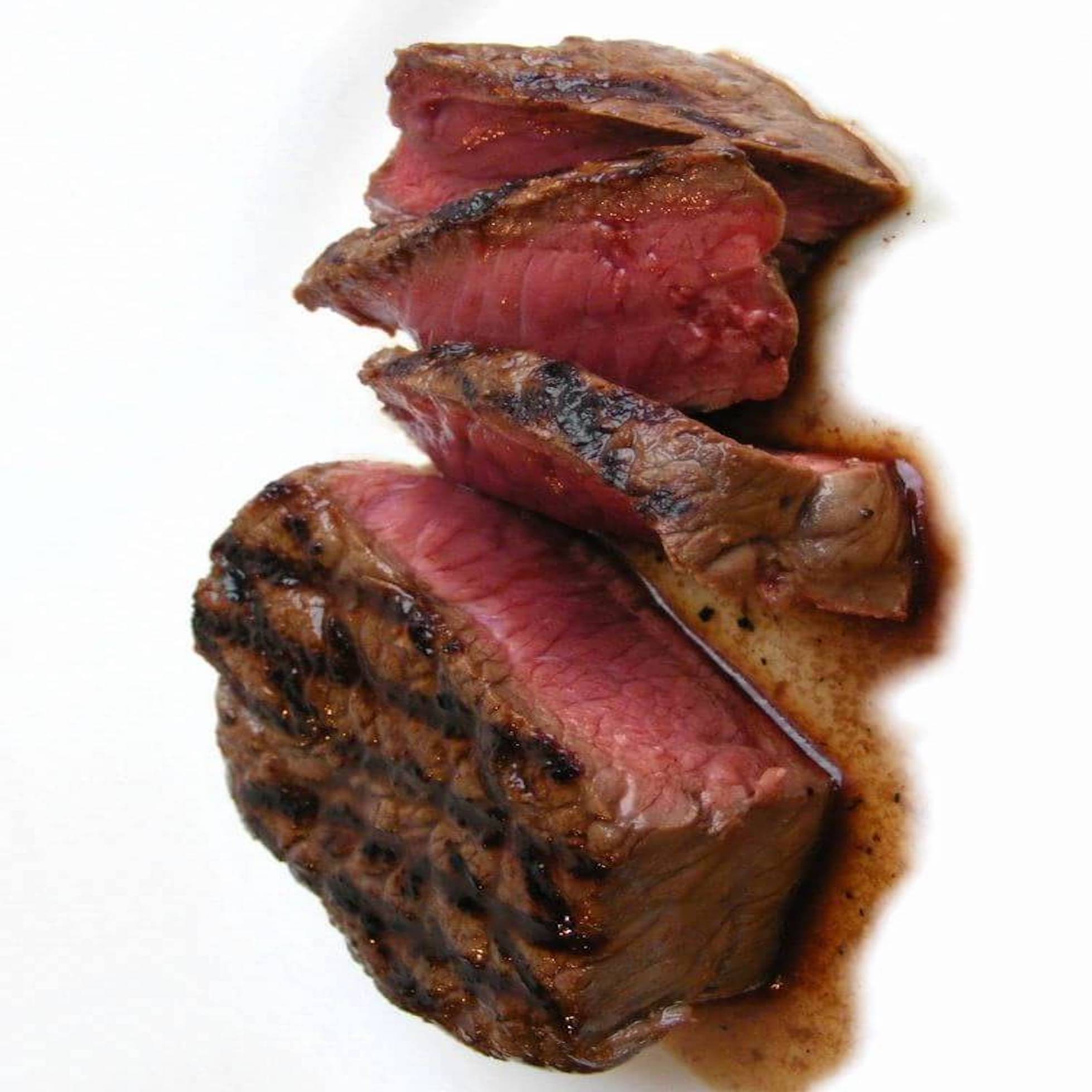afrique du sud
Practical informations
Here is a short, non-exhaustive list of some useful information that will help you make your stay in South Africa easier.

Connected you will be
To stay connected in South Africa, the best solution is to leave with your old smartphone and buy a prepaid SIM card on site. You will buy it as soon as you arrive at the airport because they are more used to this type of purchase than in the city center and will do all the necessary manipulations for you.
VODACOM seems to me to be the best operator. You can find them everywhere. In stores, buy telephone units and data to surf the internet. Very useful on the road to look for information, let yourself be guided by the GPS or call to book a table in a restaurant.
Conditions of obtaining
You must imperatively present yourself with your passport and normally with proof of address. As you are only passing through, at the hotel or renting, bring your rental or reservation contract or ask reception for a certificate attesting to your presence with them.

Be careful you will do
If big cities and particularly Johannesburg have a reputation for being dangerous (houses are protected by barbed wire), Cape Town escapes psychosis. However, some basic rules must be respected to avoid any risk.
Avoid ostentatious signs as much as possible (branded bags, luxury watches, etc.). Do not carry large sums of cash on you. In your car, do not leave anything that could attract attention.
If you are not at risk during the day, avoid walking alone in the evening in streets that are not very busy or not at all. Also in the evening, it is not uncommon to be stopped by dealers offering cocaine or other drugs. Don’t panic. Ignore or simply say no.
If by chance you are attacked (which has never happened to me in 20 years), do not play the hero. Give the little you have on you.

On the left you will drive
In South Africa, we drive on the left like in England. If you are not very comfortable with this type of driving, I advise you to book a vehicle with an automatic transmission for more comfort. If it is total panic, just make sure that when driving, the right wing of your car is aligned with the left of the road marking. You will then be well placed on the road.
Between cheap cocktails and good wines, be careful if you drive. The legal limit for alcohol while driving is 0.5 mg/ml. There are few checks but you risk heavy penalties.
Be careful. Day or night, do not leave any visible objects in your car.
Finally, on the road, you will notice that the emergency lane often serves as a second lane. Trucks very frequently move out of it to allow cars to overtake them. A little warning signal is then welcome to say thank you.

A coin you will give
To park, you will not find any parking meters. An official agent will systematically come to see you and make you pay according to the chosen duration. He will put a ticket on your windshield.
In the evening, there is no paid parking but a small business sets up and replaces the official agents. You will come across “car guards” everywhere and it is traditional to give them a 5R coin when you get back behind the wheel.

In good health you will remain
Traveling to South Africa does not require any vaccinations or medication. If you decide to go on safari, you can take mosquito repellent for your skin and clothes. In the Kruger region, there is no particular danger (malaria, amoebiasis, etc.) but to avoid being bitten, it is better to wear pants and a long-sleeved shirt. Mosquitoes are more numerous during the rainy season.
Tap water is drinkable and closely monitored in South Africa. There is no problem with drinking ice cubes either.

Uber you will prefer
Cape Town is a city where it is best to have a car. If not, the UBER service has developed a lot and is VERY affordable. For taxis, never take one on the fly. Many are reluctant to start their meter and ask you for fanciful amounts upon arrival. Not to mention the fake taxis that insist heavily on taking you home. It is better to call one from the “official” companies like intercab or Unicab.

You can buy your picnic
In South Africa, you will find Woolworths food, Spar and Cheekers food stores everywhere. In Cape Town, at the back of the “Spar” in the Cape Lifestyle Quarter, you can have the salad of your choice prepared. Ideal for a picnic on the beach.

At biltong you will taste
Bilton is to South Africans what sausage is to the French. You will find it (dried and spiced meat) almost everywhere in South Africa. In dedicated stores (often in Malls) that will prepare the Biltong of your choice (beef, springbok, kudu, ostrich). In bags in supermarkets and supermarkets and at butchers.

The pearl animals you will buy
Not a single souvenir shop without its representations of animals in wire and beads. We bring them back as souvenirs, as gifts, Elephant, ladybug, giraffe, fish, lion, zebra. Impossible to escape them. Decorative objects or key rings. Beyond these little characters, there are also real works of art.

Zulu Art You’ll Love
Basket maker Rueben Ndwandwe (1941-2007) is a talented African craftsman and designer who created a way of weaving baskets from telephone wire. The shapes are highlighted by the bright and contrasting graphic colors. You will find them in decoration stores. Pocket emptiers, dishes, baskets…

The South African drink you will try
Legend has it that when the scent of ripe marula fills the air, elephants will travel great distances to taste it. This is the signal to begin the harvest. The size of small oval plums, marula is a succulent fruit with a citrus flavor and a creamy, nutty taste. Similar to Bailey’s, you will drink a glass of Amarula as an aperitif.

You will bring back ostrich eggs
Natural, placed on a base, painted, sculpted, transformed into a lamp or simple decorative object, the ostrich egg is a must in South Africa. Remember to examine them carefully before buying them. An egg should not have any stains, at least as few as possible. Note that the smaller the opening under the egg, the more “value” it has.

A Braai you will make… maybe
If you get on well with the locals and they invite you for a Braai, you should know that it is a barbecue, a great South African tradition. An afternoon in the garden, sometimes by the pool, devoted to conviviality. Grilled sausages and meats accompanied by large salads, copiously washed down with bottles of red and white straight from the surrounding vineyards and South African champagne called “Cap classique”.

At the airport you will find gasoline
In Johannesburg, follow “Return Rent Car” while always keeping to the right. An exit (downhill) indicates a gas station. Take this exit and take a small ramp on your left which will take you to the station.
In Cape Town, filling up at the airport before returning your rental car is a headache, here is the secret. When you arrive at the airport, take the direction “Return rent car”. Instead of positioning yourself on the dedicated line, follow the N2 exit line. Drive to the gas station which will be on your left. Leave the station in the direction you arrived. You will directly access the “Car return”.

Well cooked, your meat will be
A quick recap of meat cooking.
Blue rare – As the word suggests… Blue. Your meat will be cooked in a two-minute back and forth. An almost raw meat.
Rare – Slightly more cooked, the meat is hot but remains very red.
Medium rare – Rare but pink meat. Medium & Medium well – A meat with very little juice or blood. It is almost “well done”.
Well done – Too bad when you know the quality of meat in South Africa.
Sirloin meat is by far the most tender. A delicious steak.
